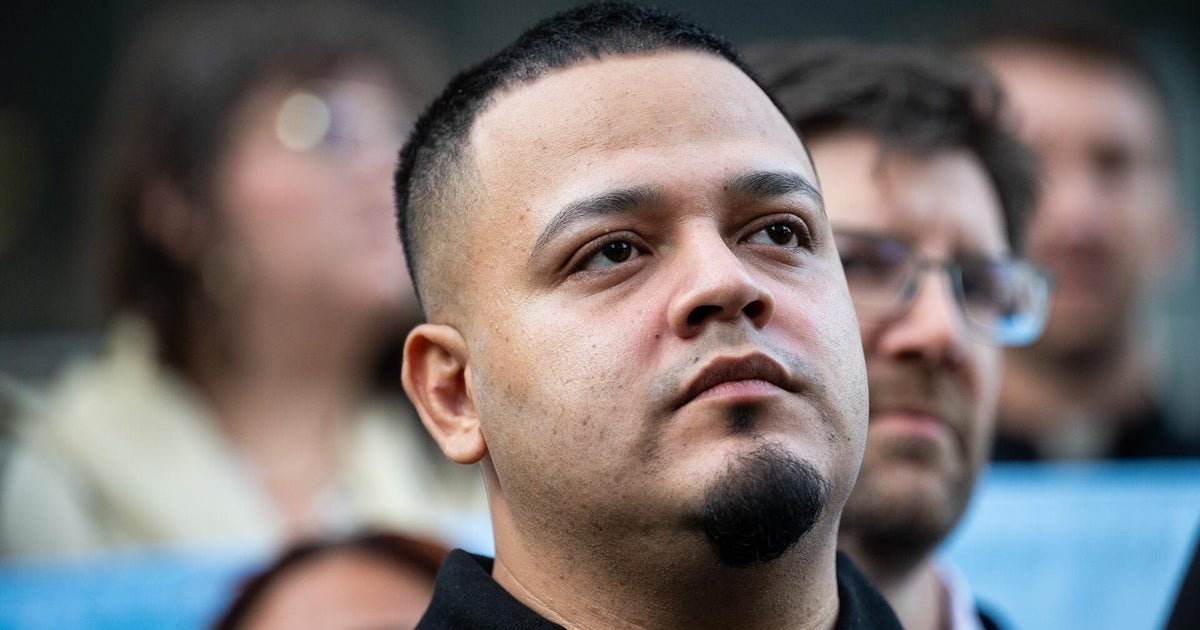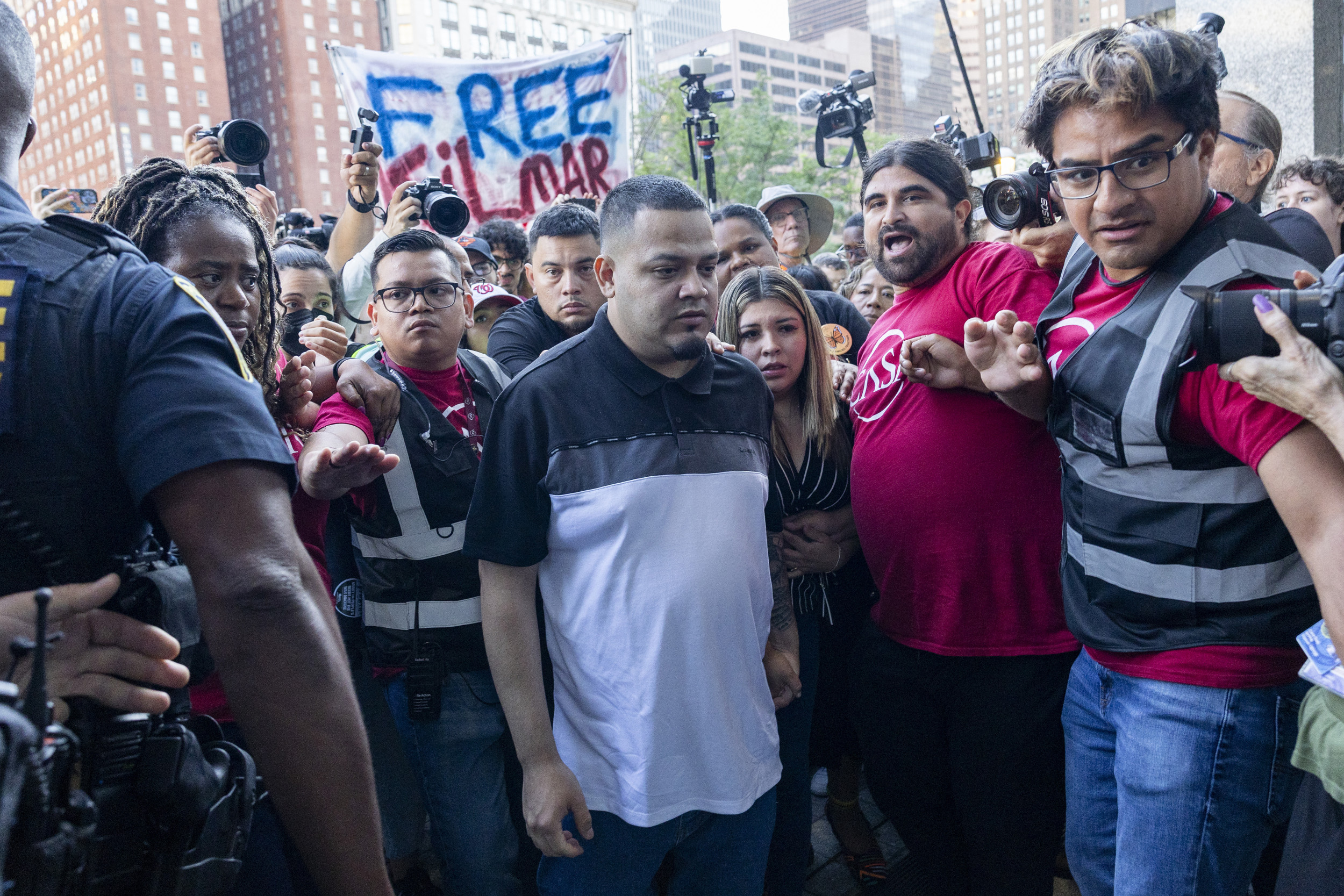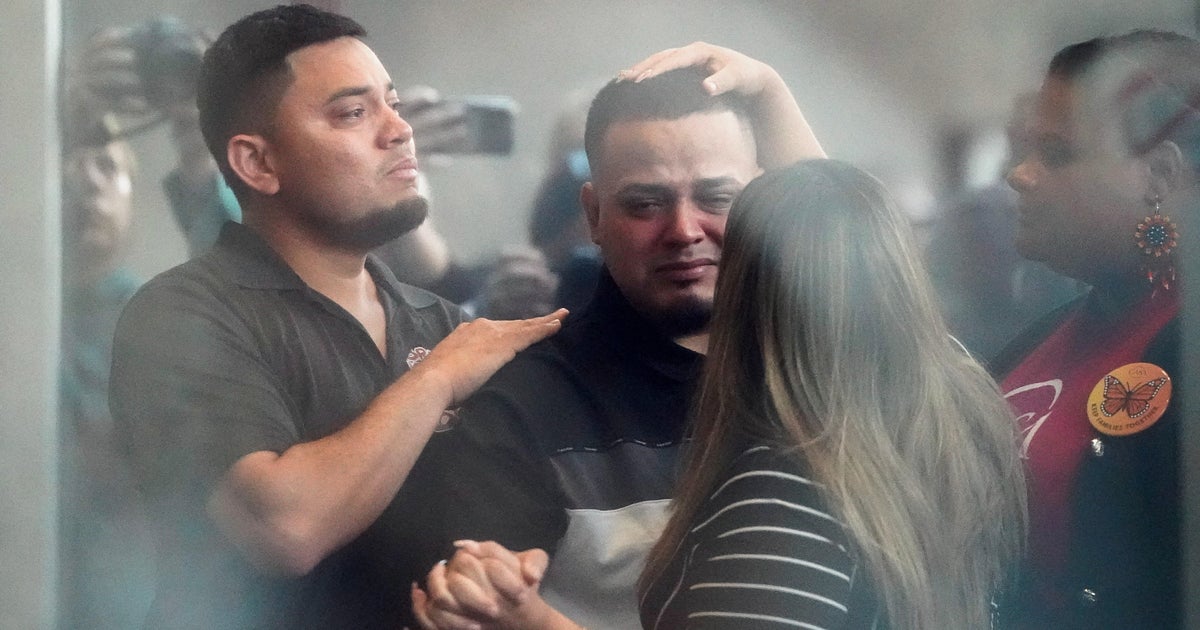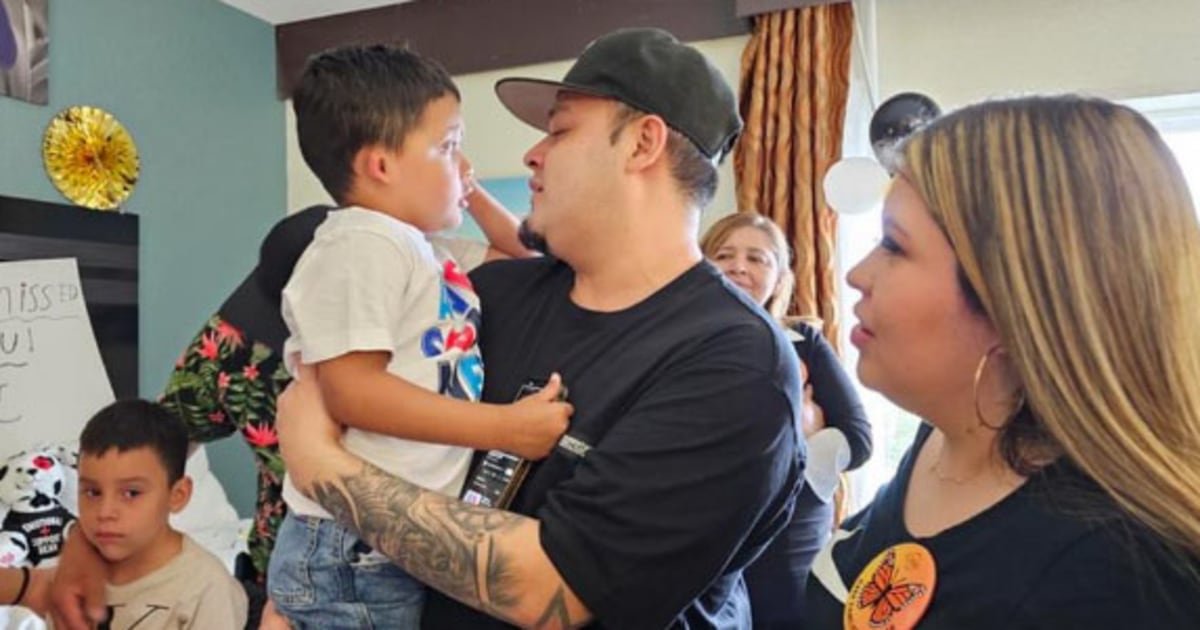Immigration Judge Denies Asylum Reopening: Case Highlights U.S. Policy Clash
Immigration Judge Denies Asylum Reopening
A U.S. immigration judge in Baltimore recently denied Kilmar Abrego Garcia's request to reopen his 2019 asylum case. Despite this setback, Abrego Garcia, a Salvadoran national who has lived in Maryland for years with his American wife and children, has 30 days to file an appeal. The judge’s decision maintains the prior ruling that he is ineligible for asylum due to overstaying, though he cannot be deported to El Salvador because of gang-related threats to his family.
Background and Legal Challenges
Abrego Garcia initially entered the U.S. illegally as a teenager fleeing gang violence. In 2019, he was granted withholding of removal, recognizing the danger he faced if returned. However, he was mistakenly deported in March 2025 and imprisoned in a Salvadoran facility, sparking controversy and highlighting the complexities of U.S. immigration enforcement. Upon return to the U.S., he faced criminal charges and ongoing deportation efforts to third countries, complicating his legal battle.
Next Steps and Broader Implications
With 30 days to appeal, Abrego Garcia’s case remains unresolved and emblematic of the broader immigration policy debate. His situation underscores tensions between humanitarian concerns and enforcement priorities, making his appeal a closely watched development in immigration law and policy.
About the People Mentioned
Kilmar Abrego Garcia
Kilmar Abrego Garcia was born in July 1995 in the Los Nogales neighborhood of San Salvador, El Salvador. His family faced serious threats from the Barrio 18 criminal gang, which extorted his mother’s small pupusa business and threatened to force his eldest brother, Cesar, into gang membership or kill him. To protect Cesar, the family sent him to the United States. Later, the gang targeted Kilmar as well, leading his family to send him to the US when he was about 16 years old. He crossed the Mexico–US border illegally near McAllen, Texas, around 2011 or 2012 and subsequently traveled to Maryland to live with his brother Cesar, who had become a US citizen. In Maryland, Kilmar Abrego Garcia established a family life after marrying Jennifer Vasquez Sura, a US citizen, in 2016. The couple had one child together, and they raised this child alongside Vasquez Sura’s two children from a previous relationship. All three children have special needs; notably, the son born to Kilmar and Jennifer has autism and a hearing impairment and is non-verbal. Throughout his time in the United States, Abrego Garcia had no criminal charges or convictions, including any gang-related allegations, in either the US or El Salvador. Despite his family ties and lack of criminal record, Kilmar Abrego Garcia was eventually deported to El Salvador. His case highlights the challenges faced by many Central American migrants fleeing gang violence and the complexities surrounding immigration enforcement in the US. His life story is notable for the intersection of family protection, migration under duress, and the impact of immigration policies on individuals with strong family and community connections in the United States.















